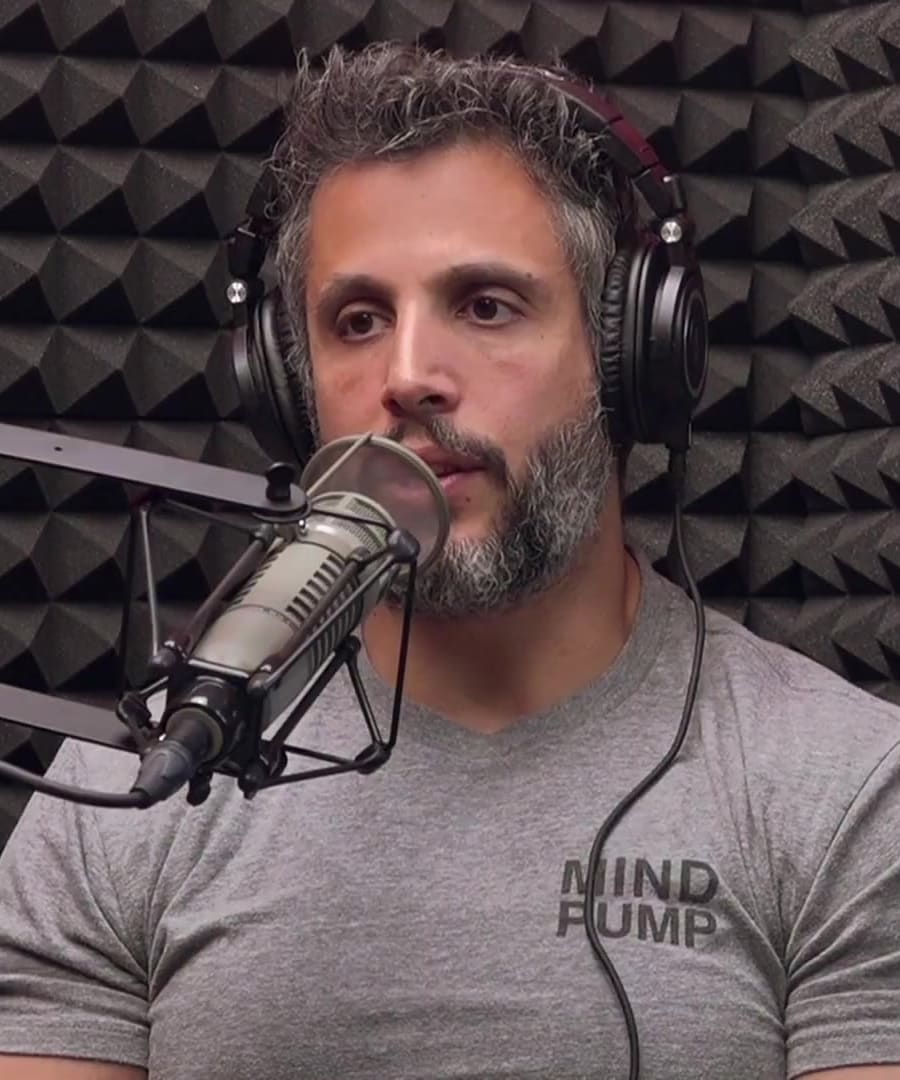Why do people feel powerful as victims?
Sources:
The feeling of power derived from victimhood is a psychological and social phenomenon discussed by various experts.
-
Perceived Power and Social Dynamics: highlighted that in current social settings, people often find power by asserting their victimhood. This dynamic can transform discussions into competitions of suffering, where individuals compare hardships to claim moral or social superiority. This scenario often becomes disempowering overall, creating a cycle where being a victim grants a paradoxical sense of empowerment 1.
-
Virtuosity and Victim Mindset: and discussed how some people use victimhood to appear virtuous, manipulating perceptions to gain sympathy and power indirectly. This behavior affects not only social interactions but also biological responses, leading to broader negative impacts on mental and physical health 2.
-
Perpetrator-Victim Dynamics: explained that maintaining a victim stance allows individuals to hold others as perpetual perpetrators, sustaining feelings of self-righteous anger. This can buffer against the helplessness of experiencing genuine victimization and offer a more bearable form of suffering through anger rather than sadness 3.
-
Rescuers and Validation: discussed how victims often attract rescuers who validate their sense of powerlessness, reinforcing their role. This dynamic maintains the victim's belief in their inability to change their circumstances, feeding into a cycle of dependence and self-fulfilling helplessness 4.
These insights illustrate that feeling powerful as a victim is tied to complex social interactions, psychological needs, and patterns of behavior that reinforce victimhood as a source of indirect power.
RELATED QUESTIONS-
